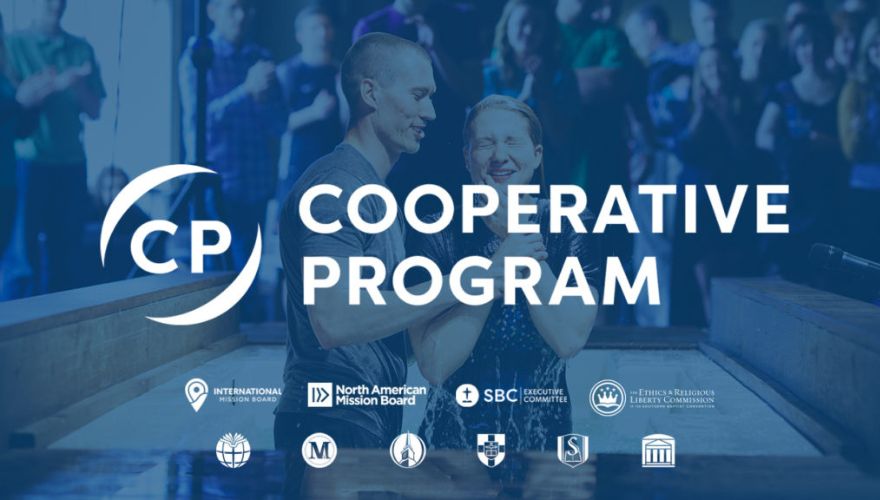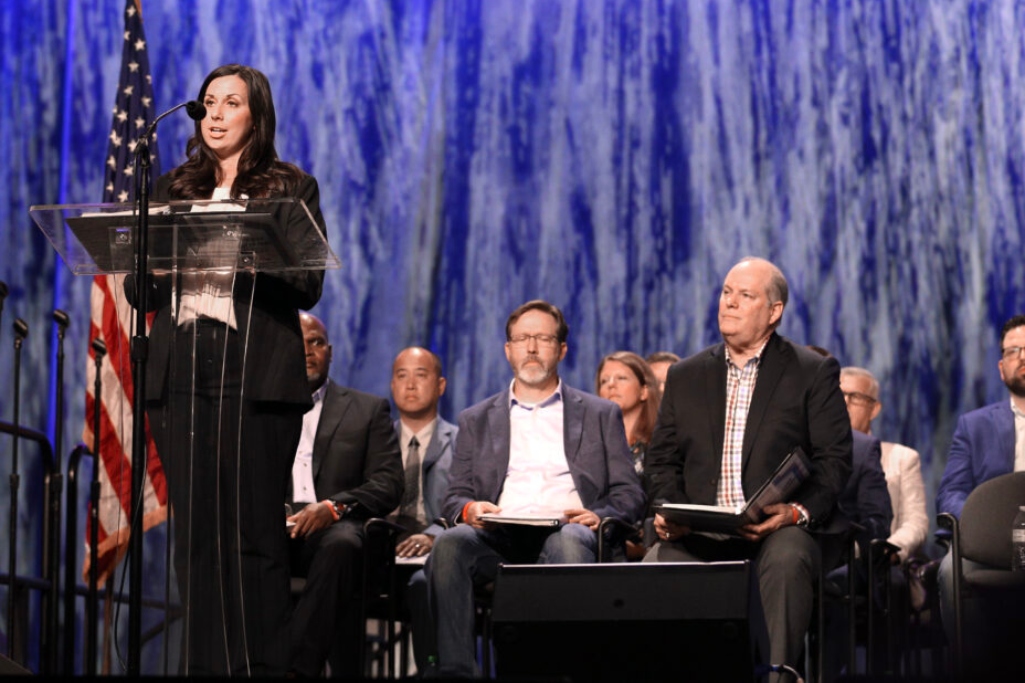
DALLAS (BP) — The road to building better habits doesn’t start at the beginning of a new year, and it doesn’t start alone, GuideStone Financial Resources director of Pastoral Wellness Mark Dance says in an upcoming episode of SBC This Week.
Speaking with Executive Committee Vice President for Convention Communications Brandon Porter, Dance relayed when a year ago he realized the time he spent traveling for work was excessive.
“It was not sustainable,” he said. “So I had to apologize to [my wife] and ask for her help. Before I said ‘yes’ to another event this year, I ran it by her so that she could help look at my calendar and see if this was something that was too much.”
Speaking as someone in finance would, Dance encouraged an audit of one’s physical, financial and mental health. Create small, short-term goals where the wins can be celebrated early and often and results can be felt at home and in leadership roles.
“I want to manage my life as well as the Bible tells us to do. As in 1 Timothy 3, all the leaders of the church are to manage our lives, lead our lives before we can lead our family in ministry,” he said. “It’s just a practical way of doing that.”
Dance covered these topics in his book “Start to Finish: The Pastor’s Guide to Leading a Resilient Life and Ministry.”
Areas of health are assessed in light of the Great Commandment with a 30-day challenge assessing spiritual, emotional, mental and physical health goals. Readers are encouraged to use whatever word or phrase they wish — resolution, spending plan, budget, etc. — to establish something sustainable and shareable with someone for accountability.
Discipline with a measure of flexibility helps us take small steps toward goals.
“One-year [goals] work for some people. But for most of us, we need some early wins,” said Dance. “It might even help … for someone to do a one-week … goal instead of 30 days, or 30 days instead of a quarter, or a quarter instead of a year.
“Break down a short-term goal and share that to celebrate along the way. Don’t freak out when you fall short, but get back on it because it’s really more about the kind of person you want to become than it is about the goal that you want to achieve.”
Just as the “why” is crucial for any steps toward self-improvement, he pointed out, so is the simple act of moving forward.
“In James Clear’s ‘Atomic Habits,’ he said when preparation becomes a form of procrastination, you need to change something. You don’t want to merely be planning; you want to be practicing. You want to master a habit.
“The key is to start with repetition, not perfection.”
(EDITOR’S NOTE — Scott Barkley is chief national correspondent for Baptist Press.)


